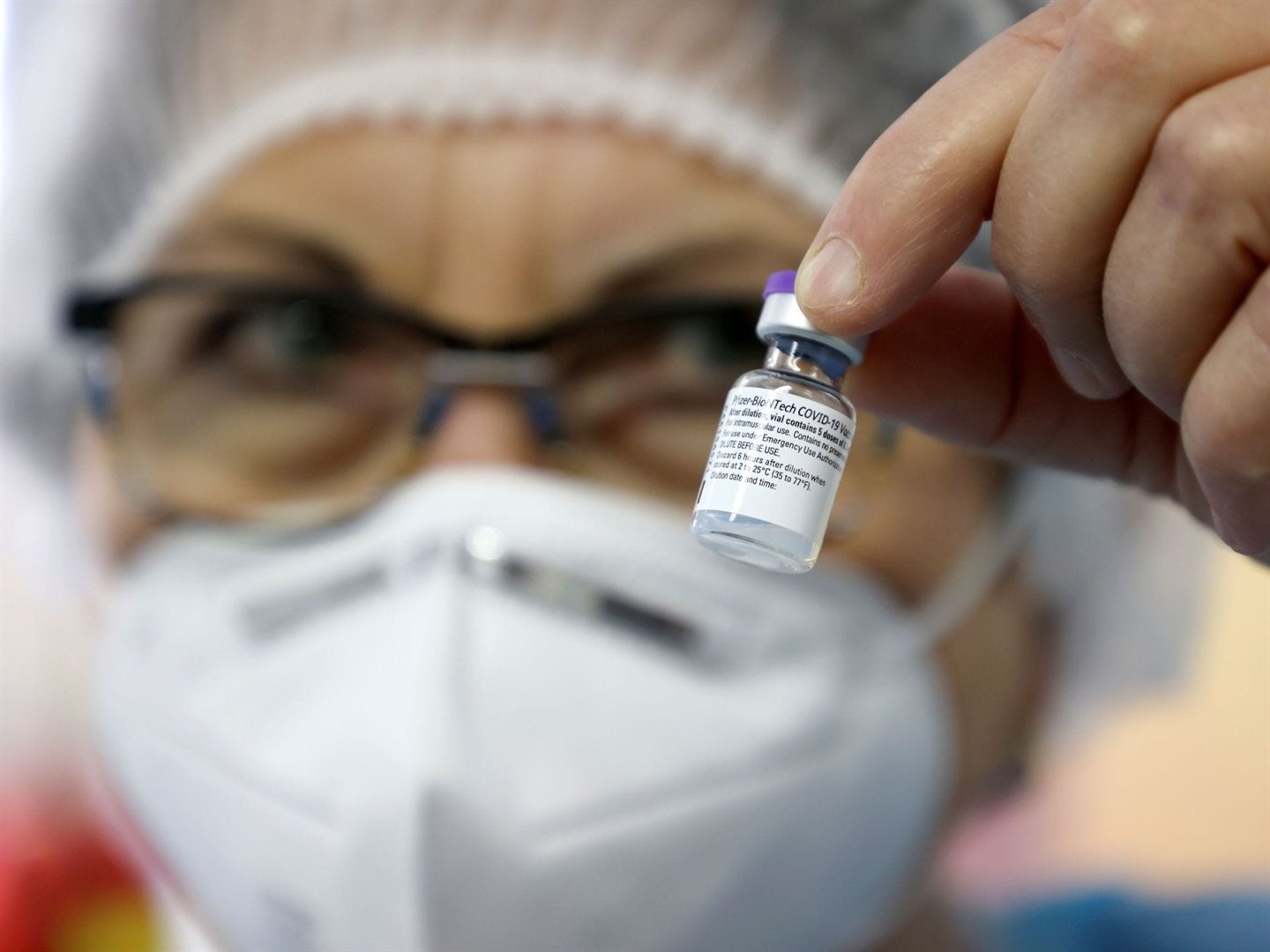
- A new study shows that SA will get a massive return on investment (ROI) for the money spent on the Covid-19 vaccine.
- The ROI could be 11 to 20-fold of what the government and medical schemes pay to procure the jabs.
- The returns will depend on how quickly the country rolls out vaccines needed to reach population immunity.
The South African economy stands to gain a massive return on capital from the money spent on funding Covid-19 vaccines, according to a new study.
Research conducted by Discovery Health's Health Policy Unit, Business 4 SA and PwC showed that the return on investment (ROI) could be 11 to 20-fold of what the government and medical schemes pay to procure the jabs. It is estimated that South Africa will spend between R10.3 billion and R13.5 billion on the Covid-19 vaccines.
"These are significant sums. However, what really moves the dial on the pace of our economic recovery is the speed at which the country can secure sufficient vaccine supply and achieve a successful vaccine rollout," said Discovery Health CEO Dr Ryan Noach.
Noach said the quicker SA reaches population immunity and overcomes the spread of Covid-19, the less it has to worry about the lockdowns that have dealt a massive blow to the economy.
The researchers forecast three possible paths for economic recovery between now and 2025. And the sooner more people get vaccinated, the greater will be the country's ROI will be.
They looked at the impact of the different lockdown levels, fiscal and monetary policy interventions, and other external shocks that affect the country's economic recovery, such as load shedding, to estimate these different paths.
In 2021, PwC's model projected three economic growth scenarios ranging from a 0.8% to a 5.2% increase in the GDP.
If the country has a slower vaccine rollout, causing it to reach population immunity after mid-2022 and ends up with load shedding that is as bad as it was in 2020, it could face the worst scenario of 0.8% GDP growth in 2021.
Under this scenario, South Africa would return to pre-Covid-19 levels of growth in seven years and only reap the lowest possible ROI from its vaccine procurement spend. PwC said it is still too soon to rule out the worst scenario.
The base scenario forecasts growth of 3% in 2021. To reach this, SA must achieve population immunity by no later than mid-2022 and pray that the current third wave of infections is moderate. However, as the third wave is currently sweeping through Gauteng, daily infections in the province surpass the second wave's peak.
The health ministry is now fearing that Gauteng's infections will soon start spilling over other provinces. And insurers who are closely watching death claims say the third wave is likely to be as bad as the second wave.
The base scenario also needs Eskom to keep load shedding at levels similar to those seen in 2019. If all that happens, SA could return to pre-Covid-19 growth levels in three years and reap a 16.6-fold ROI from the billions it spent on the vaccines.
The best scenario anticipates a short-lived Covid-19 third wave and that the country reaches population immunity by the end of 2021. That scenario would result in a 20-fold economic benefit to South Africa's GDP in 2021.
However, given the pace of the vaccine rollout and the surge in the third wave infections, it is starting to look like an unlikely path.
